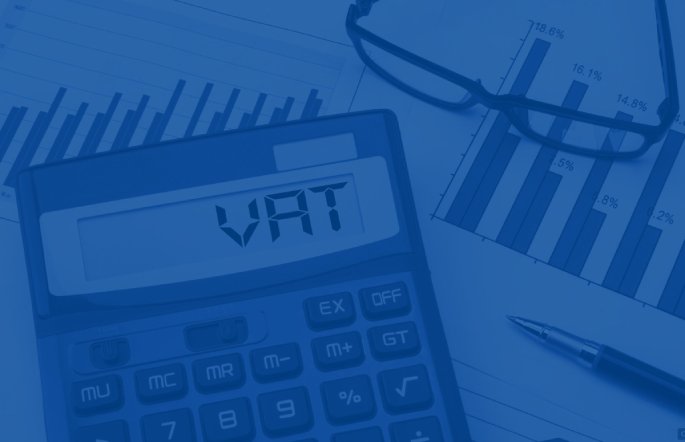
If you offer your employees benefits in kind under a salary sacrifice deal as an alternative to part of their salary, will you have to account for VAT when you supply the benefit?
Supplying employees
If you’re VAT registered you must charge it on your sales unless whatever you’re supplying is exempt or outside the scope of VAT. This applies to all your customers, including your employees. With a few exceptions, the amount on which VAT is payable is the value of “consideration” given for the goods or services you supplied. Usually that’s the amount paid by your customer but where the supply is made as part of an optional remuneration arrangement (OpRA) it can be different.
Consideration in return for a supply
Consideration doesn’t just mean cash payments, it can include something with a monetary value. For many years it was unclear to what extent the monetary value of a salary sacrifice (a type of OpRA) by an employee counted as consideration. In 2010, following a decision of the Court of Justice of the European Union, the argument was settled in HMRC’s favour.
Optional remuneration arrangements
A salary sacrifice is where an employee forgoes part of their salary in return for a benefit in kind from their employer. The employee enters into a new employment contract, or the existing contract is amended to reflect the lower salary. The consideration (for VAT purposes) for receiving the benefit is the amount of salary given up by the employee.
Trap. The consideration for the supply of the benefit is normally equal to the amount of salary forgone. But if this is less than the true value of the benefit, say, where the salary sacrificed is less than the cost to the employer of providing the benefit, the VATable amount is that cost.
Tip. This doesn’t mean that every salary sacrifice triggers a VAT liability. If the benefit you give an employee in exchange for a salary sacrifice is exempt from VAT, e.g. medical insurance or an interest-free loan, there’s no VAT. Similarly, if the benefit is zero-rated there’s no VAT cost, but you must include it as turnover on your VAT return.
HMRC’s view
HMRC has published its view on certain benefits provided under OpRAs where it considers the VAT position needs clarification.
Cycle-to-work scheme. For bikes and safety equipment loaned to employees, you must account for VAT at the standard rate on the salary sacrificed. You can recover VAT on the purchase of the bike and equipment. If you transfer ownership of the bike to the employee, VAT is payable on the consideration. You can use HMRC’s valuation of bikes for income tax valuation for VAT purposes.
Face value vouchers. You must account for VAT on the salary sacrificed but can recover input tax (if any is paid) on the purchase of the vouchers.
Childcare vouchers. The vouchers themselves are exempt from VAT which means there’s nothing to account for. Any VAT you pay in obtaining the vouchers (typically, this will only be where you buy the vouchers through an agency) can be reclaimed subject to partial exemption restriction.
Food etc. You must account for VAT at the appropriate rate on the salary sacrificed where the food is provided and consumed in a canteen. Food can be zero-rated, e.g. where it is not heated and taken away. You can reclaim any VAT paid on purchases of food whether the supply is standard or zero-rated.
This article has been reproduced by kind permission of Indicator – FL Memo Ltd. For details of their tax-saving products please visit www.indicator-flm.co.uk or call 01233 653500.